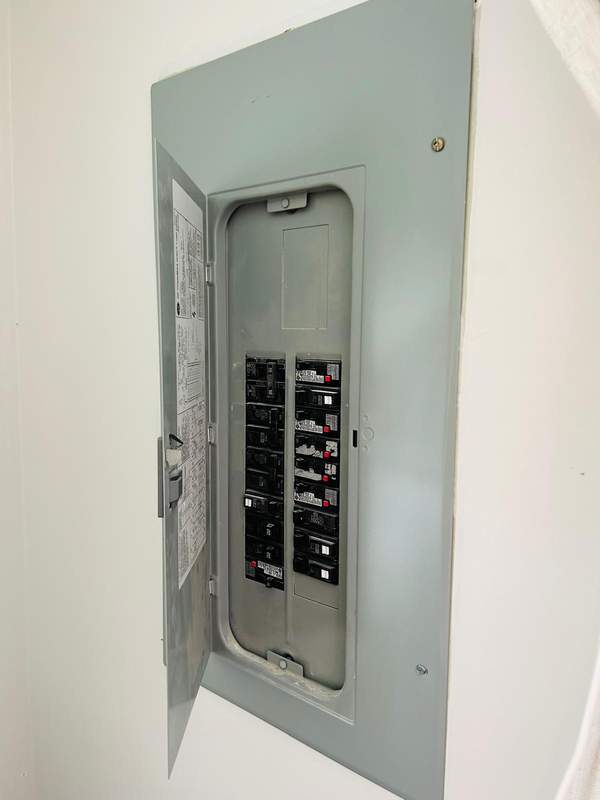Electricity powers our homes and makes modern living possible, yet it comes with inherent risks if not managed correctly. Electrical safety is crucial to prevent fire hazards and ensure the integrity of your home’s power system. As a home inspection professional, understanding the nuances of electrical safety can save you from potential dangers and hefty repair costs.
Understanding Electrical Load Capacity
One of the primary aspects of electrical safety is ensuring your home’s electrical system can handle the power load it requires. Overloading circuits is a common issue that can lead to electrical fires. To avoid this, homeowners should:
- Know the amperage rating of their main electrical panel. Most homes are equipped with 100-amp, 150-amp, or 200-amp panels.
- Avoid plugging multiple high-wattage devices into a single circuit.
- Consider upgrading their electrical panel if they frequently trip breakers or blow fuses.
Understanding these specifications can help maintain the safety and efficiency of your home’s electrical system.
Importance of Ground Fault Circuit Interrupters (GFCIs)
GFCIs are essential for preventing electrical shock, especially in wet areas like kitchens and bathrooms. According to the National Electrical Code (NEC), GFCIs are required in certain areas of the home, and it’s crucial to ensure they are installed and functioning properly.
- Test GFCIs monthly by pressing the “Test” button. The device should trip, cutting off power.
- If the GFCI does not trip, it should be replaced immediately to maintain safety.
Regular testing and maintenance of GFCIs can significantly reduce the risk of electrical shock.
Regular Inspection and Maintenance
Routine inspections are vital for maintaining electrical safety. A qualified home inspector can identify potential issues such as outdated wiring, faulty outlets, or other hazards. Regular inspections help:
- Identify and rectify potential hazards before they escalate.
- Ensure compliance with current safety regulations and standards.
- Provide peace of mind knowing your home’s electrical system is safe and efficient.
Maintaining a regular inspection schedule is an investment in the safety and longevity of your home.
Proper electrical safety practices are essential for protecting your home and family. Regular inspections conducted by a professional can help identify and mitigate potential risks. Contact a qualified home inspection service to ensure your electrical system is in top condition and to safeguard your peace of mind.

